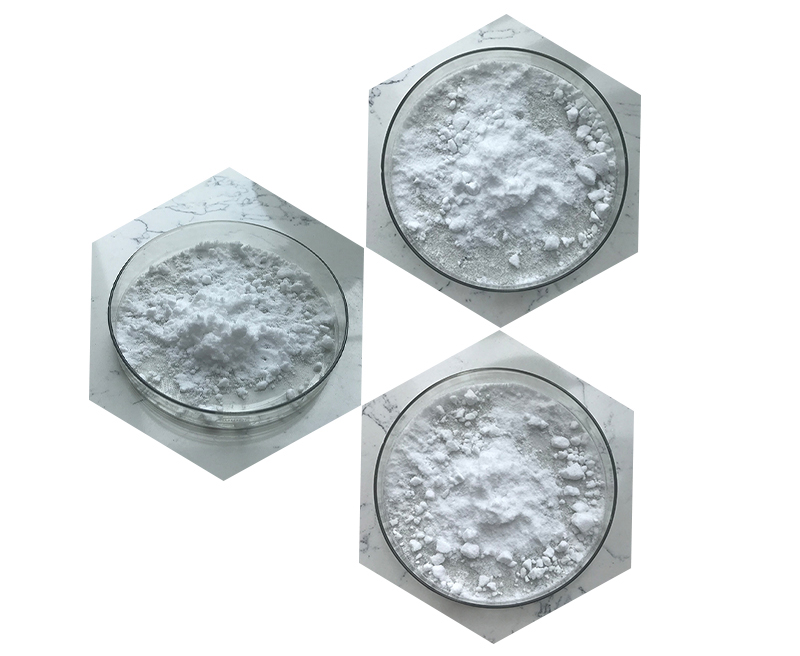WS-23 is a synthetic cooling agent commonly used in the food and beverage industry. It is a popular alternative to menthol for providing a cooling sensation without the strong minty flavor of menthol. Some potential benefits of WS-23 include:
Cooling Sensation: WS-23 produces a cooling sensation similar to that of menthol but without the associated flavor. This cooling effect can enhance the overall sensory experience of various products, such as candies, gums, and beverages.
Masking Bitterness: WS-23 can be used to mask the bitterness of certain ingredients in food and beverages. By adding this cooling agent, manufacturers can make their products more palatable to consumers.
Versatility: WS-23 is versatile and can be used in a wide range of products, including confectionery, baked goods, dairy products, and even cosmetics.
Stability: WS-23 is stable under various conditions, making it suitable for a variety of applications. It can withstand high temperatures and acidic environments, which is important in food processing and storage.
Non-Allergenic: Unlike some other additives, WS-23 is generally considered non-allergenic and safe for consumption by most people.

Flavor Enhancement: WS-23 can enhance the perception of other flavors in a product, making them more pronounced and enjoyable.
Reduced Respiratory Irritation: Unlike some other cooling agents, such as menthol, WS-23 is less likely to cause respiratory irritation, making it a preferred choice in products like e-cigarettes and vape liquids.
It’s important to note that while WS-23 offers these benefits, its usage should still comply with relevant regulations and guidelines to ensure consumer safety. Additionally, individual tolerance to cooling agents may vary, so product developers should be mindful of the level of WS-23 used in their formulations to avoid overwhelming the consumer’s palate with excessive cooling.
The negative impact of the WS – 23
WS-23 is a synthetic cooling agent often used in the food and beverage industry to create a cooling sensation similar to menthol, without the menthol flavor. While it is generally recognized as safe (GRAS) by regulatory agencies when used in small quantities, there are some potential negative impacts associated with WS-23:
Intense Cooling Sensation: WS-23 can create an intense cooling sensation that may be uncomfortable for some individuals, particularly when used in higher concentrations. This can lead to a numbing or burning sensation in the mouth and throat, which some people find unpleasant.
Sensory Confusion: WS-23’s cooling effect can sometimes be confused with a menthol flavor, even though it is designed to be flavorless. This can lead to sensory confusion, as consumers may expect a minty or menthol flavor when none is present.
Potential Allergic Reactions: While rare, some individuals may be sensitive or allergic to WS-23, leading to adverse reactions such as skin irritation or respiratory discomfort.

Impact on Taste Perception: WS-23 may alter the perception of flavors, especially when used in high concentrations. It can suppress or modify the taste of certain food and beverage products, which may not be desirable in all applications.
Regulatory Scrutiny: Although WS-23 is generally considered safe for consumption in the food industry, there may be ongoing scrutiny and research regarding its safety and potential long-term health effects.
Overuse or Misuse: Like any food additive, the misuse or overuse of WS-23 in products can lead to negative effects. Using excessive amounts can intensify the cooling sensation and create an unpleasant experience for consumers.
It’s important to note that the negative impacts of WS-23 are largely associated with its excessive or inappropriate use. When used in accordance with regulatory guidelines and in appropriate concentrations, WS-23 is generally considered safe for consumption. However, consumers with sensitivities or preferences for natural ingredients may still have concerns about its use in food and beverages.
